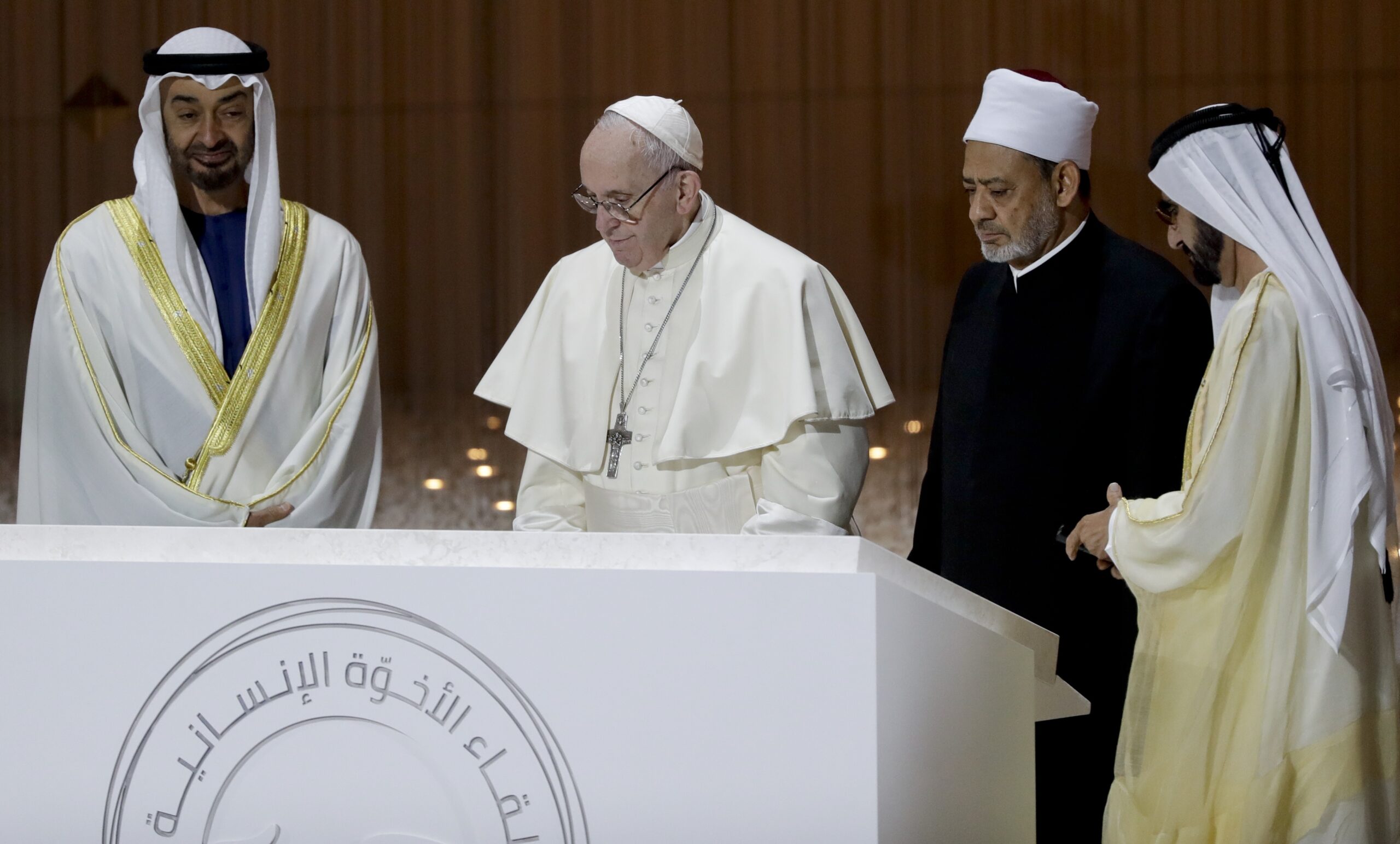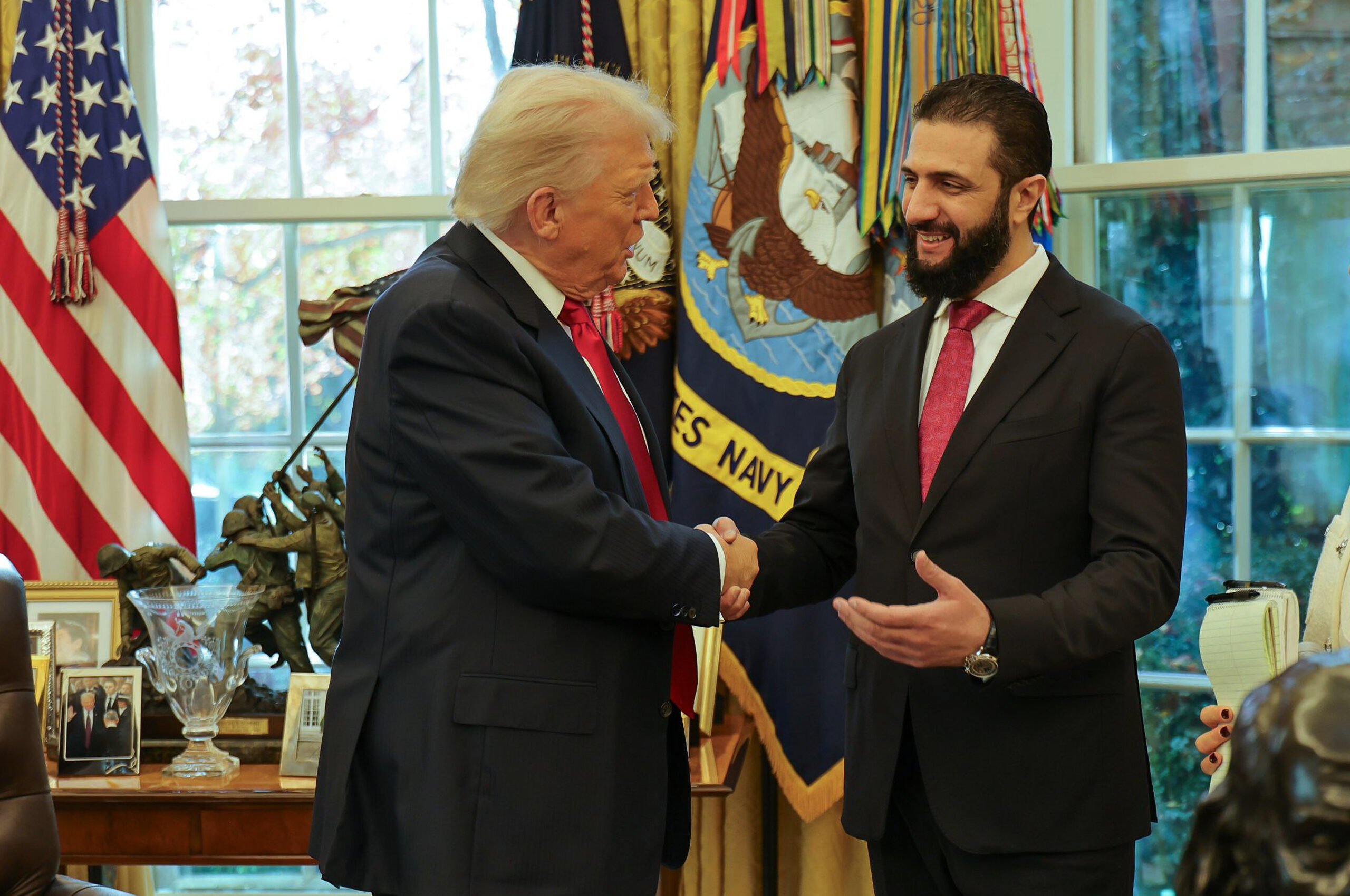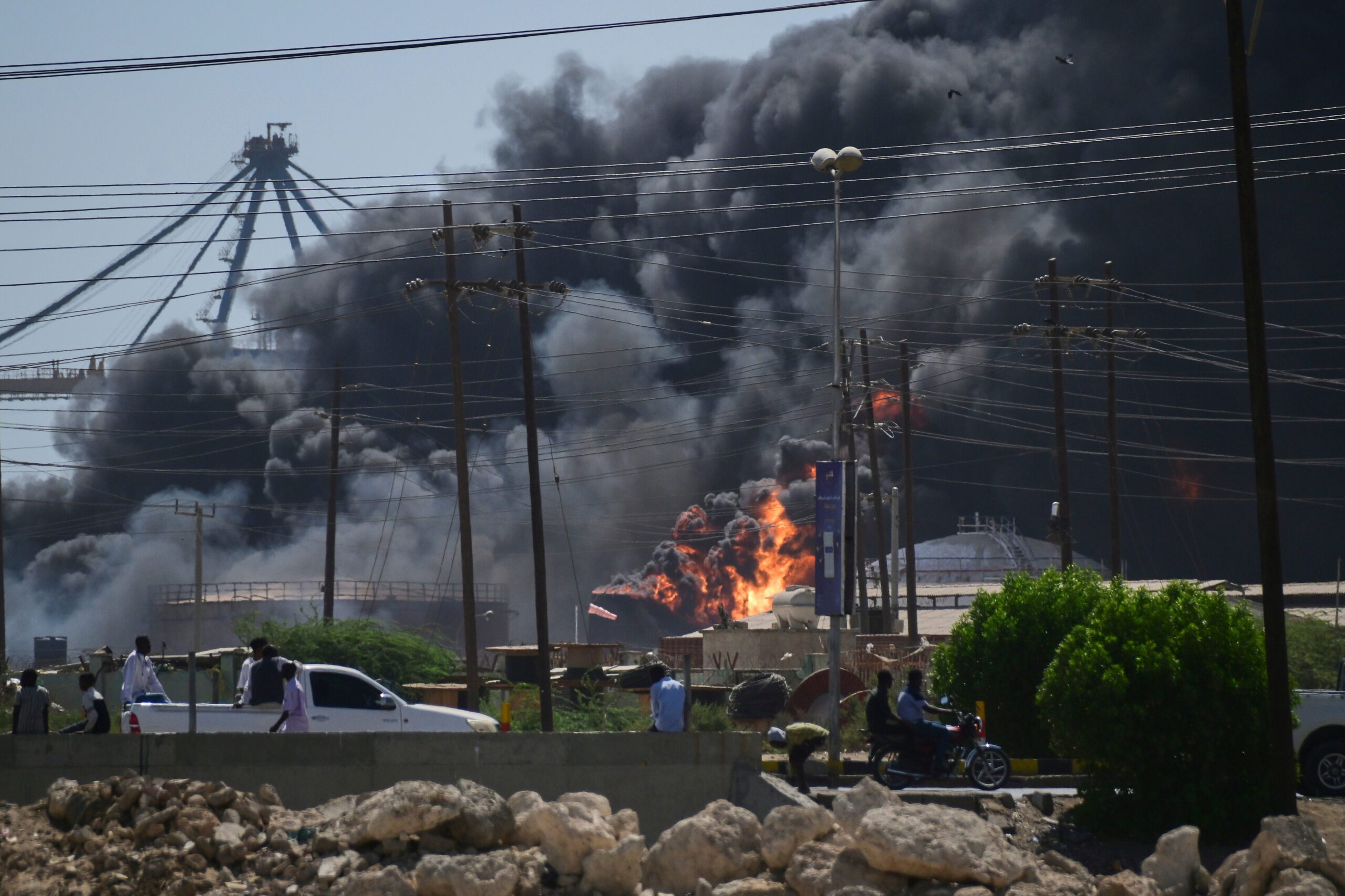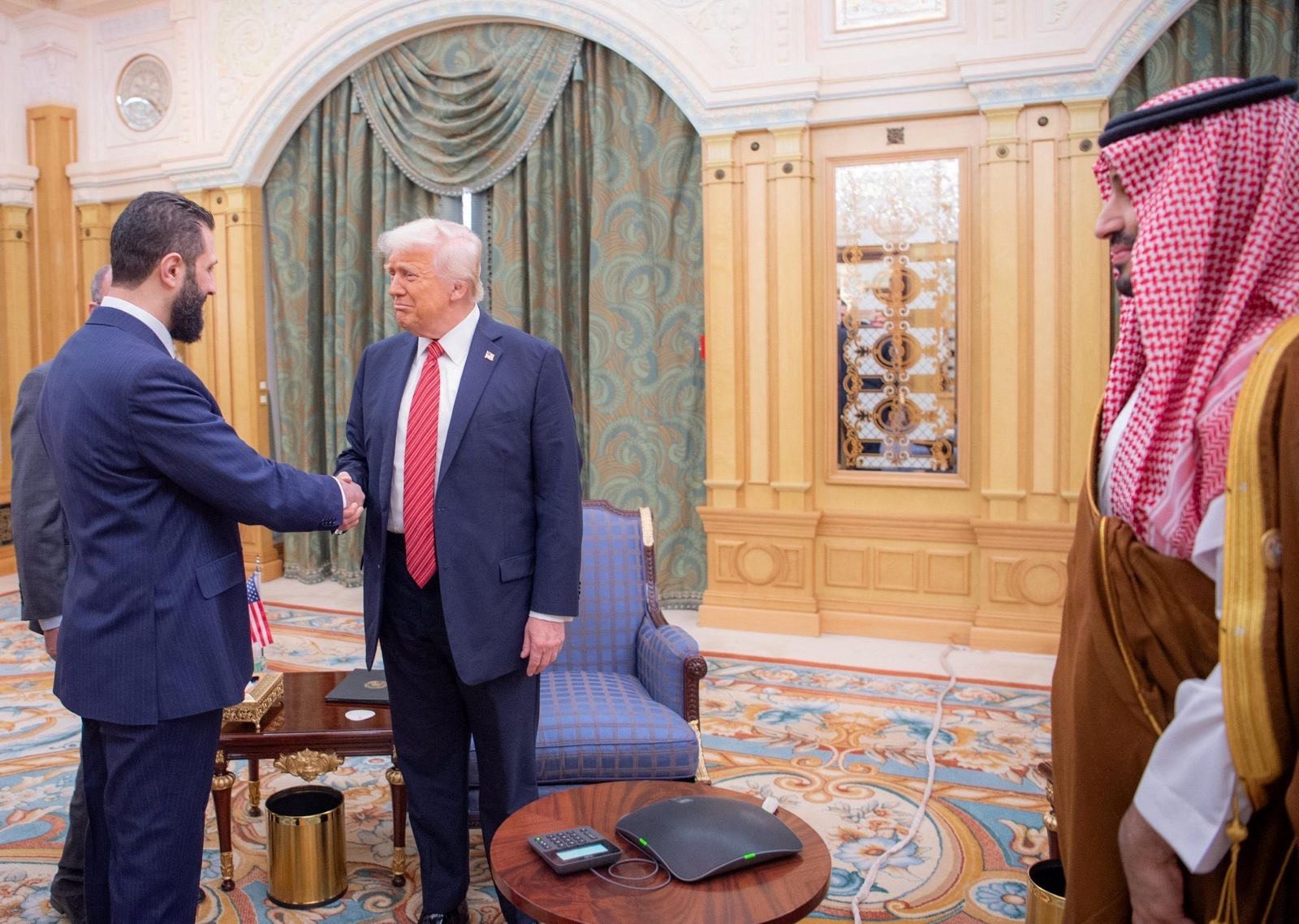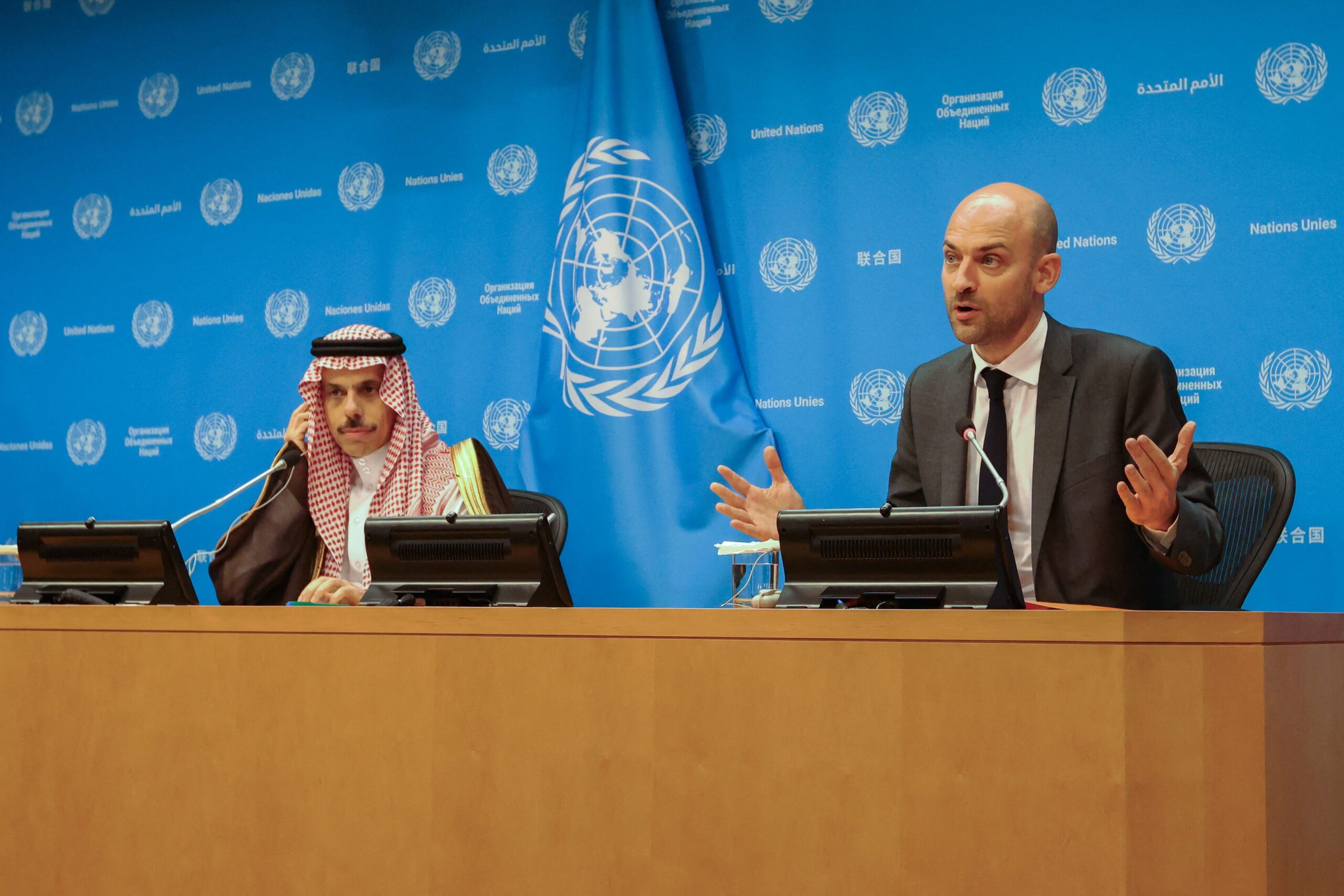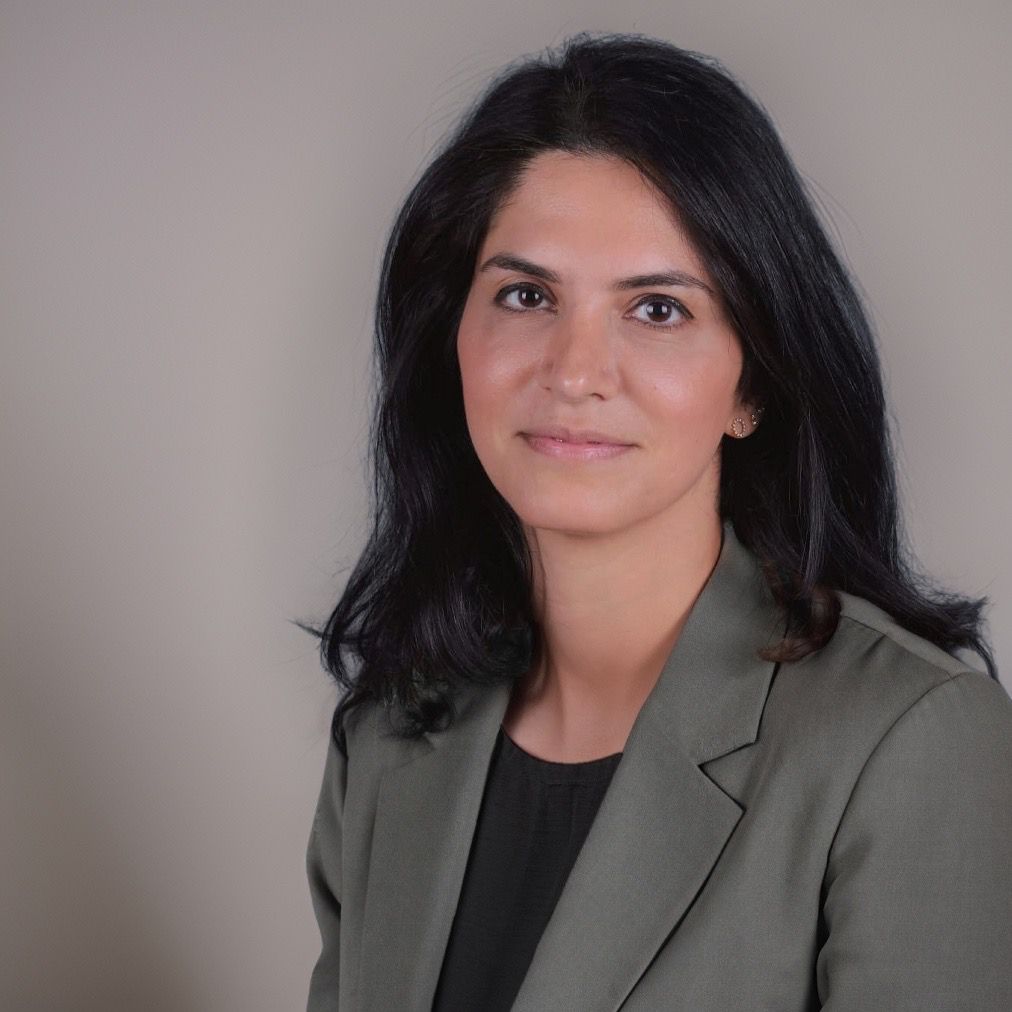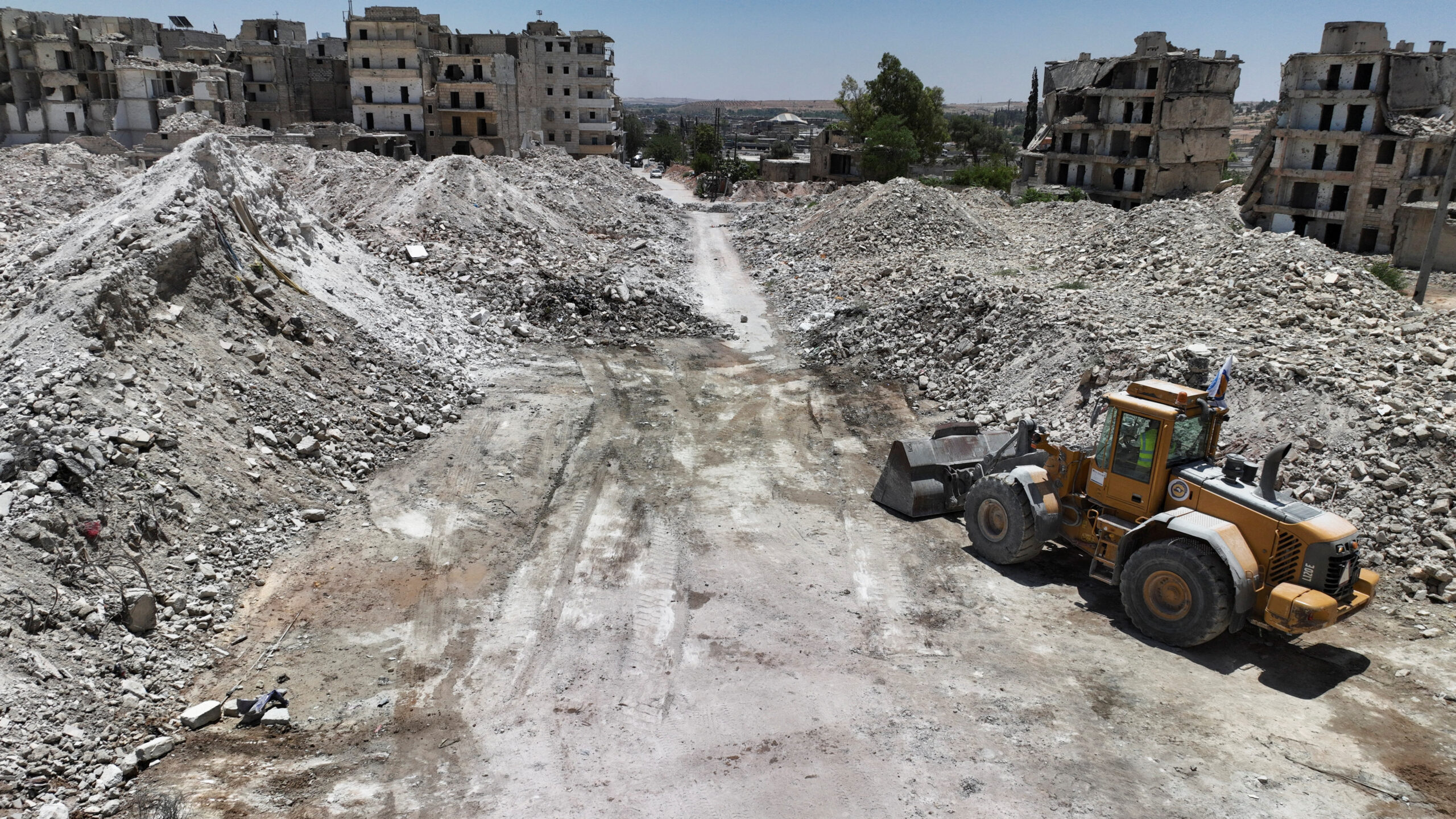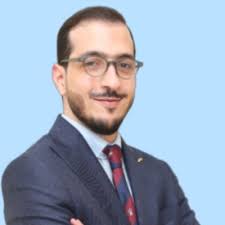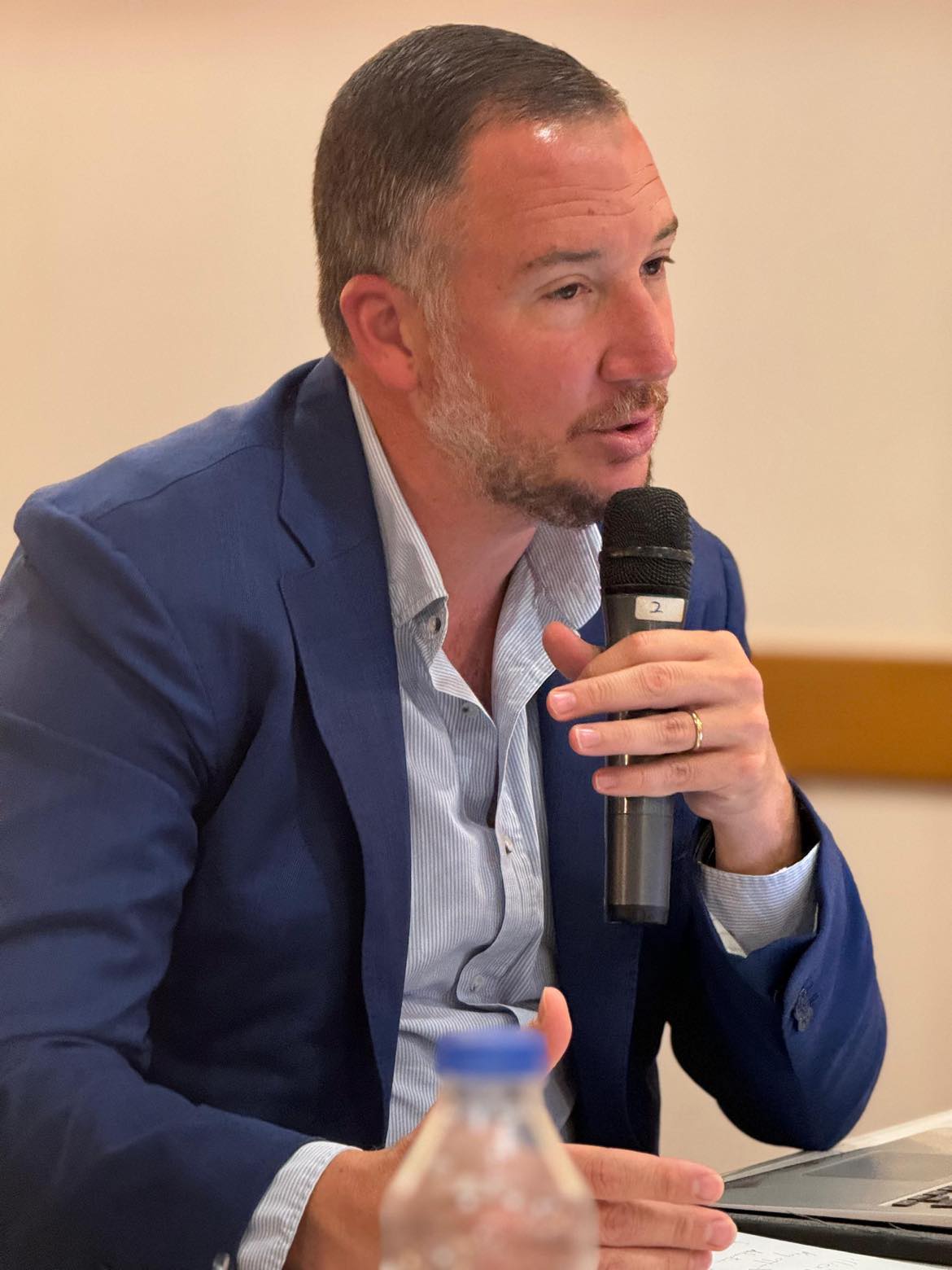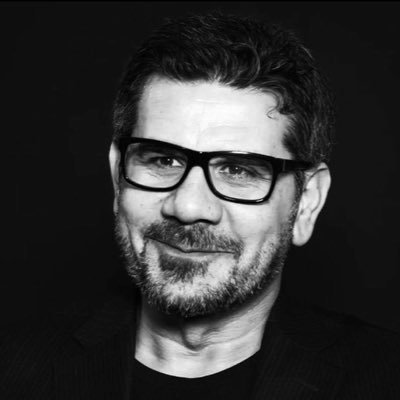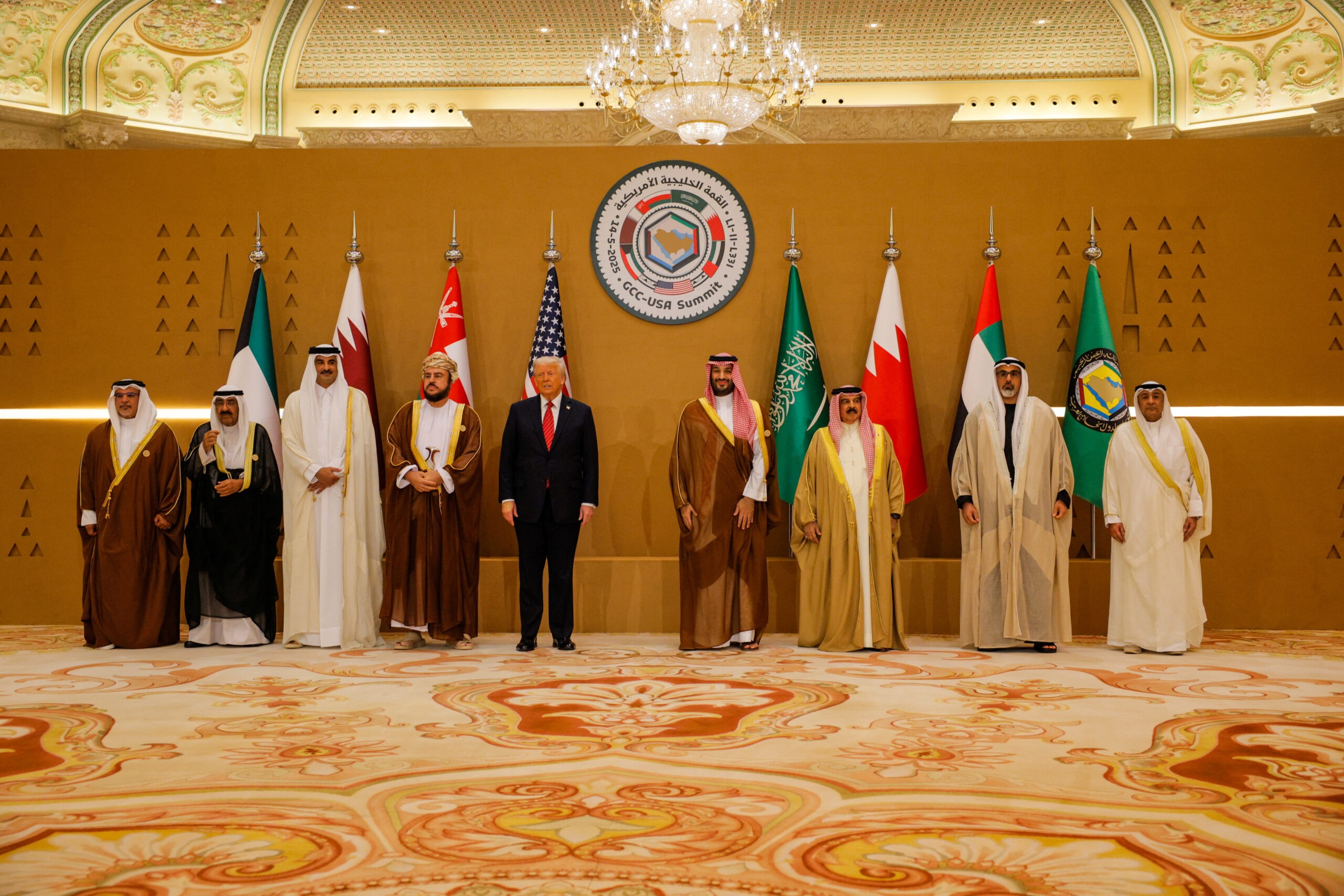The Pope Goes to Bahrain
Pope Francis’ visit to Bahrain showcases the kingdom’s decadeslong effort to champion religious tolerance and interfaith dialogue while also providing critics with a high-profile occasion to question the sincerity of these government efforts and raise human rights concerns.
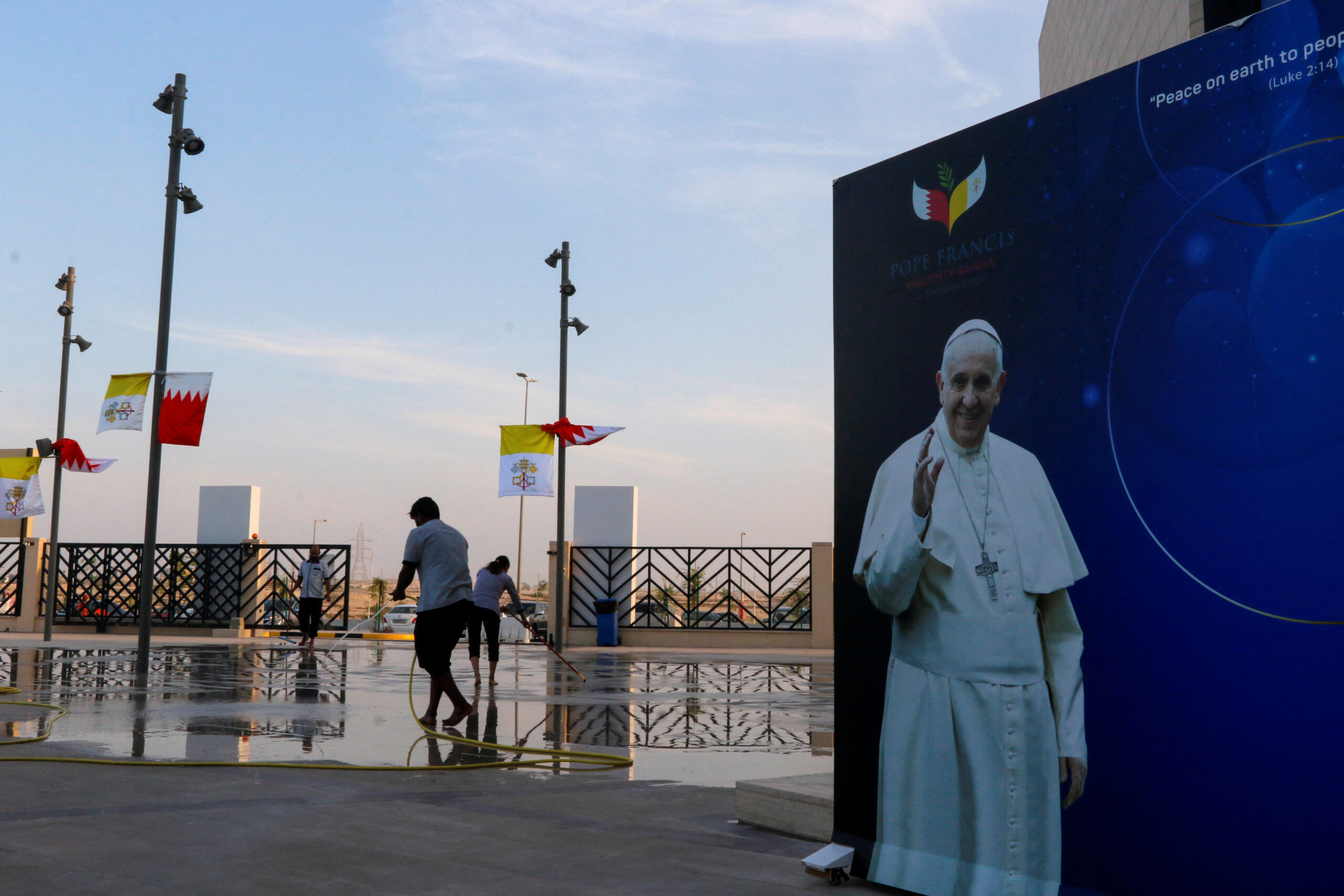
Pope Francis will visit Bahrain November 3-6, his second visit to the Gulf in just over three years and his first ever visit to the island kingdom. He will attend the closing ceremony of the “Bahrain Forum for Dialogue: East and West for Coexistence,” a government-sponsored gathering of 200 interfaith leaders. The visit is part of his effort to pursue dialogue with the Muslim world, a “hallmark” of this papacy.
A Return to the Gulf, Reaffirmation of Interfaith Tolerance, and Encouragement
Spokespersons for the Vatican have noted the visit hearkens back to the pope’s visit to Abu Dhabi in 2019, when he signed the “Document on Human Fraternity.” His visit comes in response to an invitation from King Hamad bin Isa al-Khalifa. The pope received the Bahraini monarch at the Vatican in 2014 and is expected to meet with him during the coming visit. Vatican representatives have also sought to frame the visit with the backdrop of war in Europe and various other countries, as the pope seeks allies “in the common desire for peace.”
In addition to the focus on interfaith encounter and peace, the pope seeks to encourage and celebrate Bahrain’s Catholic community, a population of 80,000, which includes one thousand Bahraini citizens but is largely composed of expatriate populations from the Philippines, India, and other countries, in the Middle East and beyond. Regarding the latter aspect, the pope’s representative as apostolic administrator of Northern Arabia, Bishop Paul Hinder, described the pope’s trip as “a visit to the Church in the entire Gulf region, since many Catholics there share a similar reality as ‘a migrant Church.’” With regard to the island’s small cohort of native Catholics, local representatives emphasize there are recent archaeological investigations that show signs of a Christian presence on the island as far back as the sixth century, although the families of most members of this small Bahraini minority originally hail from larger Arab Christian populations in Egypt, Syria, Lebanon, and Iraq.
The pope will conduct an open-air mass at Bahrain National Stadium and speak to priests, bishops, parish workers, and youth at two churches, including Our Lady of Arabia Cathedral, which opened its doors in late 2021. Located in Awali, a few miles from Manama, it is reportedly the largest cathedral in the region. It officially serves not only Bahrain’s Catholics but also those from the surrounding Gulf countries.
A Tradition of Support for Religious Tolerance
Bahrain has long sought to emphasize its support for religious tolerance. The kingdom hosts the American-based Dutch Reformed Church that at one time included a school and still boasts the vital private American Mission Hospital, considered one of the best hospitals on the island. Founded in 1903, it was the first modern hospital in the kingdom. Support for the small Jewish community in Bahrain represents another element in this effort at championing religious tolerance. The Abraham Accords are also an outgrowth of this emphasis in Bahrain on religious tolerance and interfaith dialogue. The tiny island archipelago is home to 19 churches, a relatively recently rebuilt Jewish synagogue, and a 200-year-old Hindu temple.
Improvements on Religious Freedom, but Criticism Remains
The U.S. Commission on International Religious Freedom, an independent, bipartisan federal agency, stated in its 2021 report on Bahrain that the government “generally allows freedom of worship for religious minorities.” For the first time in years, Bahrain was not included on the list of countries the commission recommended for the State Department’s Special Watch List. And the report “noted incremental improvements to religious freedom conditions within the country.”
Nonetheless, the pope’s visit has attracted the attention of human rights activists and critics of the Bahraini government, who often frame their criticisms in terms of discrimination against the largest religious cohort in the country, the majority Shia population, a point the commission’s report also referenced. Critics have used the visit to question the pope’s efforts at coexistence in the context of a suppression of “civil and political freedoms” in Bahrain. Most Western media accounts have highlighted these criticisms to frame the pope’s visit, with activists quoted as urging the pope to raise human rights concerns, which include calls for the release of political prisoners and a cessation of government efforts to suppress Bahrain’s largely Shia-led political opposition through “political isolation laws” and other means.
While in the first decade of the 2000s, Bahrain led the Gulf with political reforms and permitted a relatively boisterous political opposition that sat in Parliament (or occasionally boycotted elections) and communicated through opposition-slanted media outlets, the government cracked down hard to suppress Arab Spring unrest. It has not relented in the intervening decade and has shuttered these efforts. Government spokespersons have pushed back against the human rights criticisms that have accompanied coverage of the pope’s visit. They have noted that freedom of religion and worship are protected under the constitution and that discrimination based on ethnicity or faith is prohibited.
Other skeptics of Gulf governments’ efforts to champion religious tolerance claim that it “is a popular commodity in the Gulf” that is often carefully circumscribed for foreign populations and small religious minorities. They argue that Gulf governments, particularly in the wake of 9/11, have sought to portray themselves as bastions of moderation.
Elections’ Approach Unlikely to Impact Focus of Pope’s Visit
As the pope approaches the Bahrain visit, he will have to navigate his way through these criticisms. Asked how he is likely to respond, one spokesperson for the visit insisted any “problematic” issues would be raised by the pope “behind the curtains” rather than in a public setting. A Vatican spokesperson sidestepped the issue, noting he did not want to anticipate or preempt how the pontiff might respond.
The visit comes mere days before Bahrain’s parliamentary elections for its 40-seat Council of Representatives, set for November 12. Some groups have used the pope’s visit to insist those elections will not be free and fair. While these groups have injected human rights, political freedoms, and a degree of skepticism about the government’s support for religious freedom, the pope is unlikely to raise such issues in any public way. The focus for Pope Francis in Bahrain, as with his other visits, including regimes of all stripes, will be on nurturing the faithful and strengthening the institutions of the Roman Catholic Church. Any venturing in Bahrain beyond that carefully practiced – and safe – papal routine is likely to be tightly circumscribed and behind closed doors, if at all.
The views represented herein are the author's or speaker's own and do not necessarily reflect the views of AGSI, its staff, or its board of directors.


